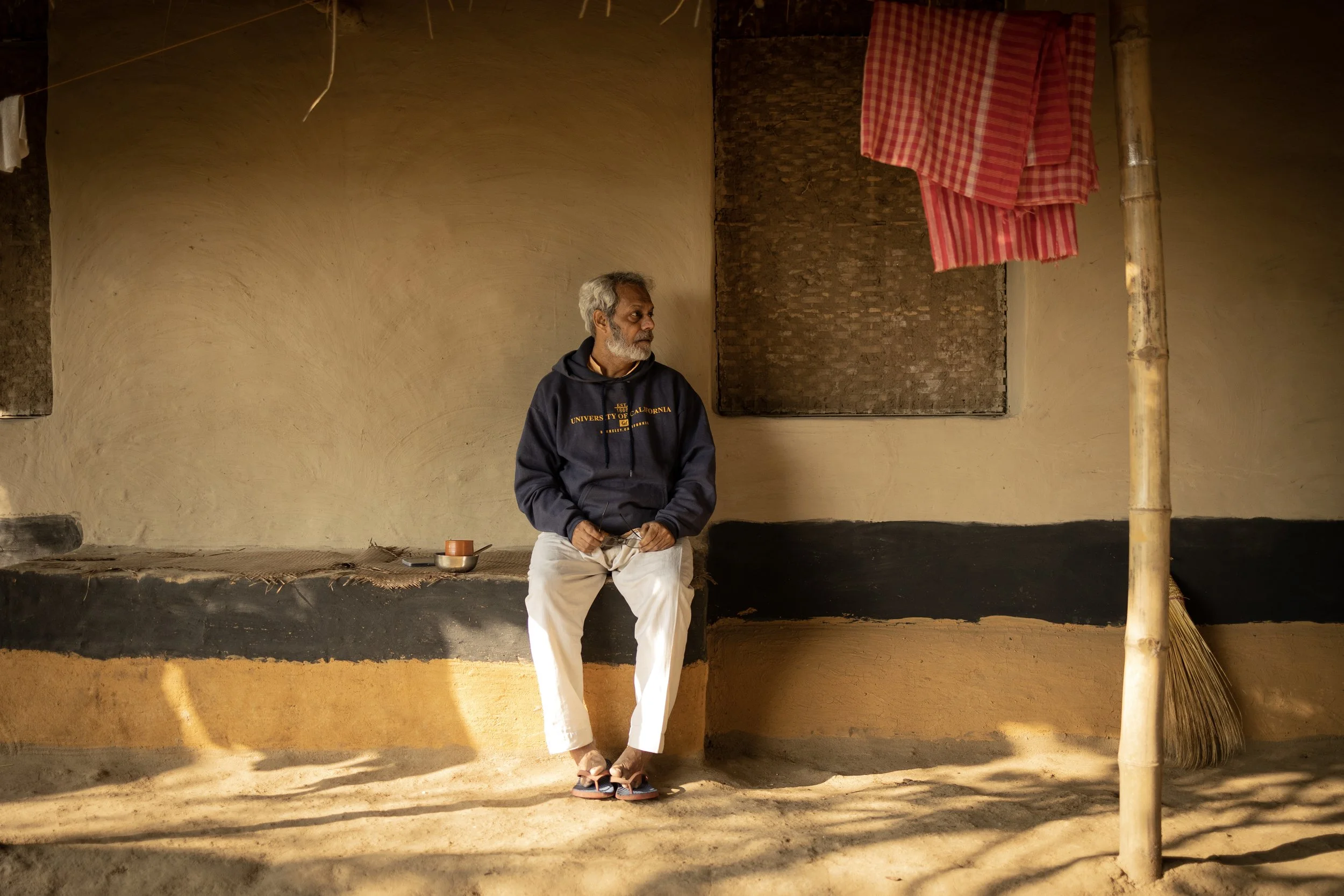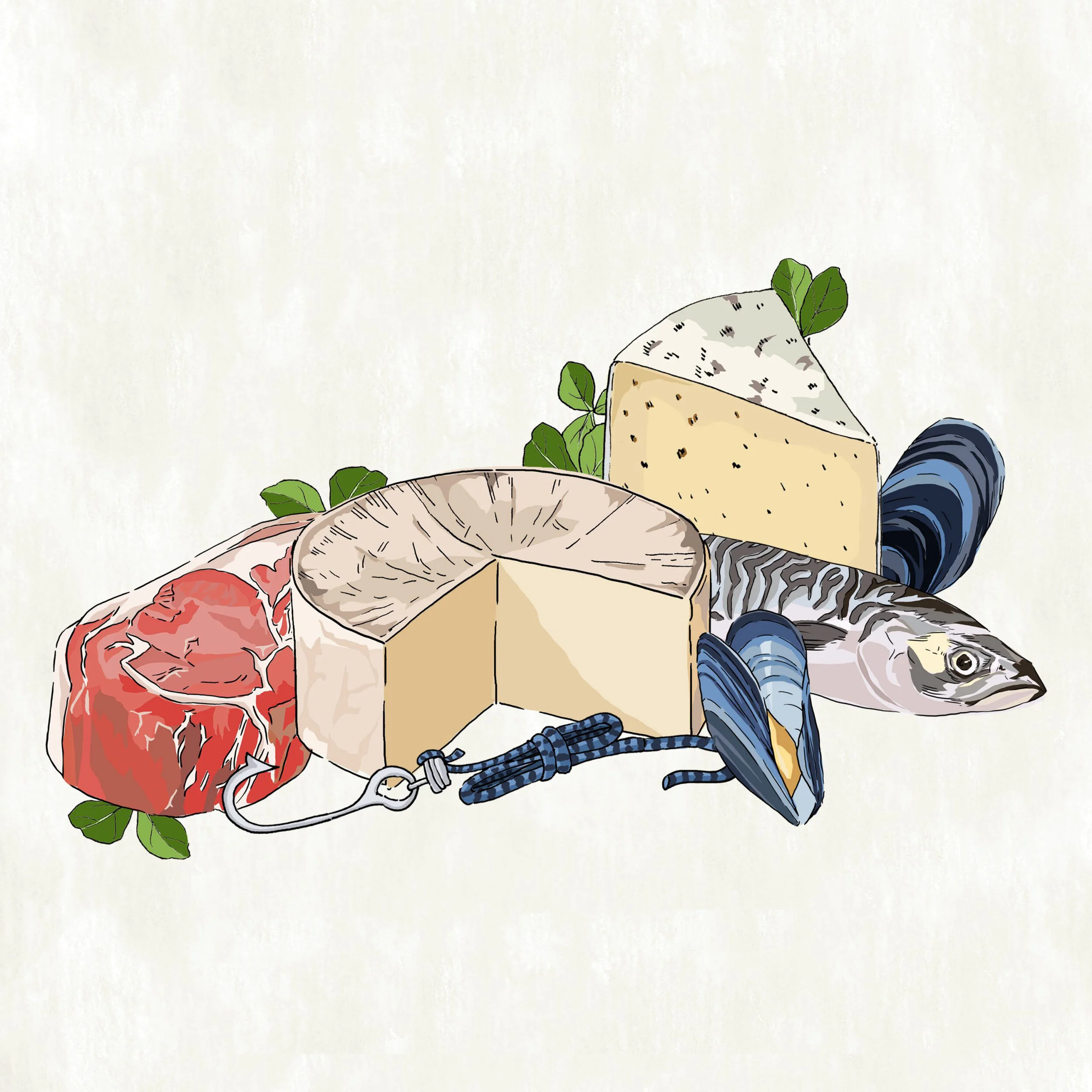By Robert Reed, A Team Foundation
Sustainable food production is the apex between human and environmental health. Being good custodians of our planet gives the inherent benefit to one’s self also. Clean soil, air, and water should create clean food, diets, and overall wellbeing. This is true even if you reverse the chain; wholesome nutrition requires eating healthy and cooking with clean ingredients.
However, this interconnected perspective is still lost amongst the conditioning from the past. Throughout the world, industries and people, work with a silo mentality; a perspective that sees and works within the parameters of only one self-defined area, and everything external of that is considered void. This is an outdated ‘reductionist’ thinking method, ill-suited for the challenges of the 21st century.
We, as a species, are at a point in our evolution where holistic thinking is the only way forward. Necessity is the mother of all innovation, and from which, new systems are emerging.
The natural environment works in a multidimensional continuum (it all arises simultaneously at once, everywhere), and this patchwork of beings all relate to one another – ourselves included (A wonderful video about interconnectivity in nature: How the reintroduction of wolves into Yellowstone National Park changed the rivers).
Imagine a wing of an aeroplane, there are many rivets holding it together. If the wing lost one or two rivets during a flight, it will be more-or-less secure and its function in-tact. However, there is a threshold, if enough rivets are removed, the wing (and the plane) loses its functionality. This is the basic premise of environmental collapse. The environment we are a part of.
The environment is a network of innumerable species. This network, the ecosystem, is resilient to all the shocks that we humans place upon it. There are many scientists who claim our actions have brought us to the tipping point of the planetary boundaries; potentially driving Earth into a new state of existence.
Rén - The Chinese symbol for Man
The Chinese symbol for Man has many entertaining interpretations with unity and interconnectedness as a common theme. Created by two lines, the first is propped up by the latter. I see it as Man being propped upwards by the Earth. Others found meaning in how we as humans should treat each other. Either way, it’s a symbol, but for me, it is one that shows the underlining connection to all.
What we do is what happens to us. If we disregard another (be it the environment or another human), the effects return to the source (dressed in a different form).
Thinking in this manner (holism) is one thing, applying it, however, is most definitely a challenge. The reasons why holistic systems are so beneficial is that they are diverse and complex; ironically, the same reasons why there is such resistance to adopt them.
We cannot say that we know with absolute accuracy, what consequences occur from our individual actions. Impacts go beyond our field of vision and our feedback loops, they are external, eternally rippling outwards.
Imagine, therefore, a new product - for ease, let’s say a pesticide - is developed and about to be released, one that has a “successful” potency against certain crop-munching insects. As users, neighbours or customers, we cannot personally guarantee its safety and thus, we place our trust in organisations, certifying bodies and national law so that this product doesn’t cause detrimental harm.
Let’s say those institutions didn’t exist, negative consequences could manifest in many forms. Perhaps when the pesticide is mixed with a different ‘on farm’ chemical it becomes a poisonous substance, or, it may obliterate a specific native population of invertebrates (with larger consequences in the ecosystem and food chain). One stat has been playing on my mind recently; we – Europe as a land mass – have lost 33% of our farmland birds. Why? - Simply, habitat and food; a loss of hedgerows, wooded areas, insects, worms. What if the bird population falls so far that the decline goes beyond a sustainable threshold? What does that mean to the native plants dependent on seed dispersal through avian digestion? What does it mean for predators? What does it mean for other bird life? For our own pleasure in the morning, how sweet will that dawn chorus be? And in time, what does this mean for our own culture? Ad. Infinitum.
This line of thought is exactly why there is a piece of policy legislation in place called The Precautionary Principle. Where there is insufficient scientific evidence available to make an authoritative decision, the Principle suggests to not go ahead as the risk is either unknown or too high – common sense right?
There is a chance that this piece of policy (along with other environmental protections) may be scrapped during Brexit; opening the doors for the silo thinking. The PP is a preventative against harm when we do not know the extent of the outcome.
In March, the APPG for Agroecology and Dr Rupert Read (University of East Anglia) created briefing papers that highlighted the importance of the Precautionary Principle in Government policy. The briefings inform the ongoing environmental protection debates at the House of Lords, where they are reporting on the amendments to the Government’s EU Withdrawal Bill. There are two papers, one is specific to the House of Lords and the EU Withdrawal Bill, the other focus on the role that the Precautionary Principle has in the context of Climate Change and Animal Welfare.
The Bill itself omits many environmental safeguards. Debates are already occurring in the House as the overarching dialogue continues until the deadline for reporting; May 8th. There has been an update this week that provides some sense of clarity. On Monday, the Lords defeated the Government. The proposal to make amendments to the EU Withdrawal Bill (that would maintain the environmental protections and human rights) was passed. If enough MPs agree with the amendments, the consequence will mean that the Government must revise the initial EU Withdrawal Bill.
However, there still remains a gaping hole. When the Secretary of State, Michael Gove, proposed his visions for a ‘Green Brexit’. Mr Gove and his team acknowledged a problem, the current regulator, the European Court of Justice, will not be in effect after Brexit and so, Mr Gove proposed a new watchdog to take its duties. The Government maintain the status that environmental protection will be the role of the watchdog, but what is the use of a watchdog that has no teeth?
The issue is that the watchdog hasn't materialised due to the opposition from other members of the cabinet. They want to be free to arrange international trade deals as they please, in the name of the economy and industry. And this has the potential to leave the environment wide open to negligent practice.
While these debates are ongoing, the APPG still supplies evidence, while also working on the consultation for the Agriculture Bill; another critical piece of policy work. Meanwhile, Greener UK, (a united front by organisations such as Client Earth, Friends of the Earth, Greenpeace, Woodland Trust to name only a few) are still spearheading the efforts to safeguard the existing environmental protections.
Earlier this month, GreenerUK released this blog post; Green Brexit? Not unless the prime minister stands up to her grey ministers, which acutely sums up that current state of play.
The need for enlightenment continues… well, at least Spring has arrived.
















